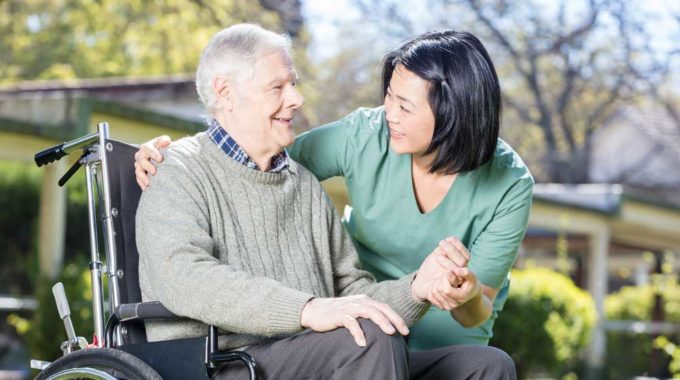Hospice Compare: Input and Advocacy: Hospice Leaders’ Opportunity to Guide the Process Given that both…

Everyone Knows What Grief Is, Now – Part 2
2.
Everyone Knows What Grief Is, Now – Part 2
The Grief We Feel:
COVID-19’s Impact on Families, Communities, and Healthcare Providers
“We have lost the world we knew—our assumptive world,” says Balster. “We have lost many of our traditions, rituals, and expectations—a million little griefs. People say they just want their lives back. While this is a very human emotion, it is irrational, and we are all struggling with it.”
“We have lost our sense of predictability for the future, and experiences that bring us joy, like commencement, prom, starting college, visiting with friends, and hugging our grandchildren,” explains Snyder Cowan. “We have even lost the ability to grieve in a traditional way after a death, with delayed funerals and memorial services. Under normal circumstances, grief is difficult. When it is compounded like this, it can create a complex grief reaction, characterized by greater anxiety, fear, stress, and depression.” The authors of the article, “Grief During the COVID-19 Pandemic,” describe three types of grief and their relationship with COVID-19: anticipatory, disenfranchised, and complicated.3
Anticipatory Grief: Under normal circumstances, anticipatory grief is the mourning we feel when death is expected, such as after a prolonged illness. During this pandemic, anticipatory grief is magnified by the growing uncertainty about who will be affected by COVID-19, the unknowns about the progression of the disease, and whether policies will keep family members apart from a loved one who becomes seriously ill.4
Disenfranchised Grief: Kenneth J. Doka, Ph.D., first used the phrase “disenfranchised grief” 20 years ago to describe grief that cannot be openly acknowledged or publicly mourned.5 In the COVID-19 era, this applies to individuals and families who cannot have a traditional funeral or memorial service because of social distancing rules. It also may apply to anyone who feels guilty if he or she could have exposed a loved one to COVID-19, which resulted in death. This can create feelings of shame and anger in addition to sadness over the loss.6
Complicated Grief: The heightened sense of anticipatory grief, the disenfranchisement created when families cannot say good-bye to a loved one or grieve together, and the prolonged nature of the COVID-19 crisis have combined to create greater opportunities for complicated grief. Pre-COVID-19, complicated grief meant that someone was struggling to adjust to his or her loss and experiencing anxiety or depression. During COVID-19, the potential for individuals to experience complicated grief is higher than usual.
Complicated grief may become a particular problem for healthcare providers as the crisis continues. If the patient’s death was difficult and no family member could be present, a provider serving as a surrogate may feel the loss but not have the time or a proper setting to grieve. In addition, some providers may experience the added burden of moral distress if they have had any constraints placed on them in providing care, such as more patients than they could handle or a lack of needed equipment.7

